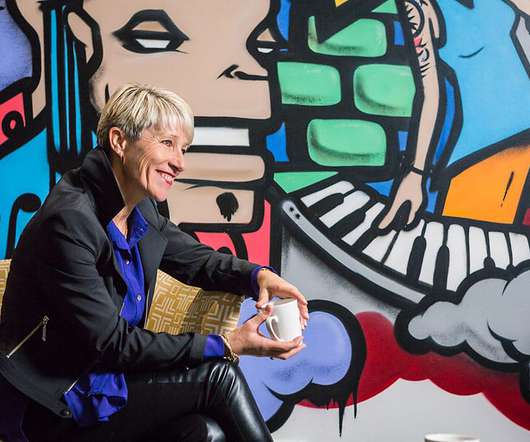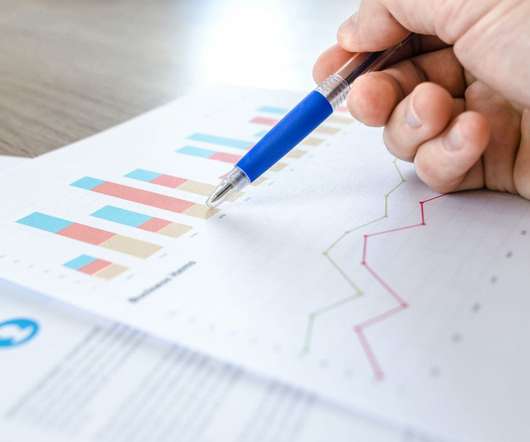The 5-point plan to build a fantastic reputation
CEO Insider
OCTOBER 10, 2022
And with Harvard Business Review citing 70-80 percent of a firm’s market value coming from intangible assets such as brand equity, intellectual capital, and goodwill, it’s vitally important for all CEOs to proactively manage their reputation given […].
























Let's personalize your content